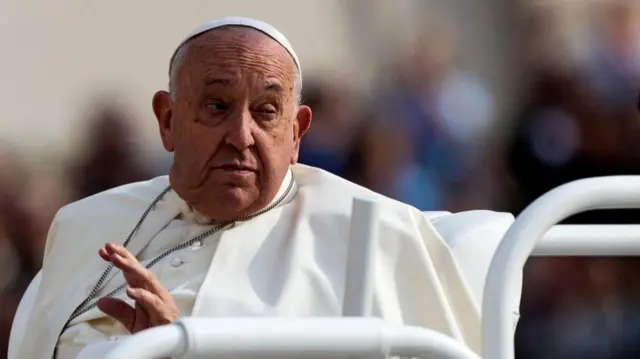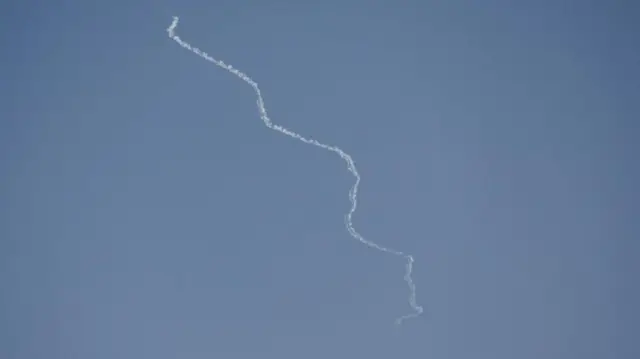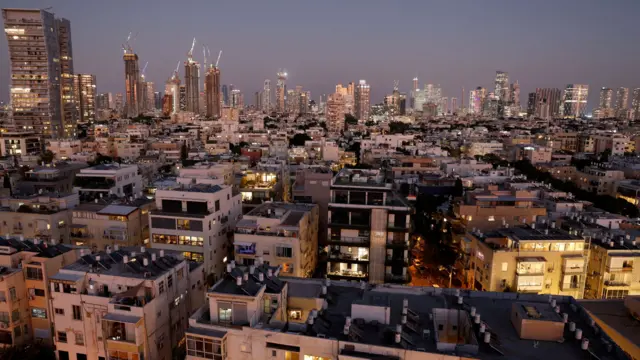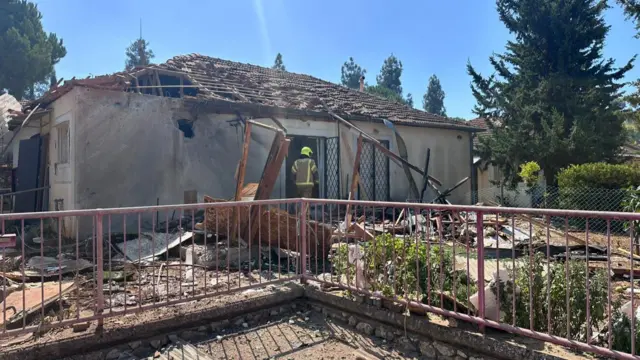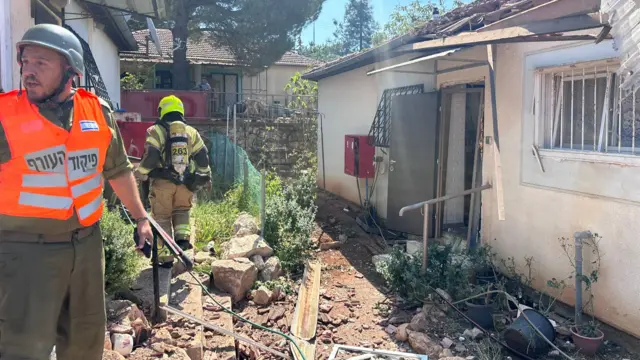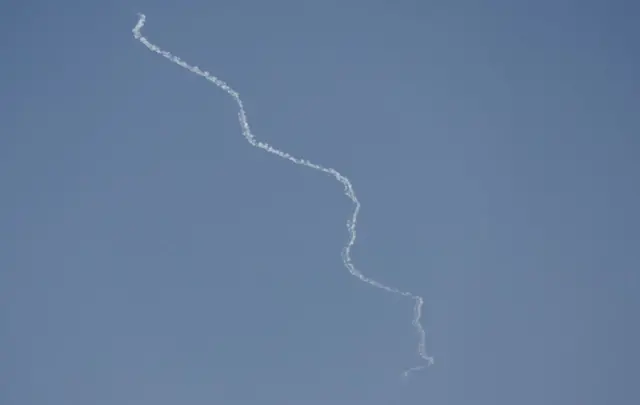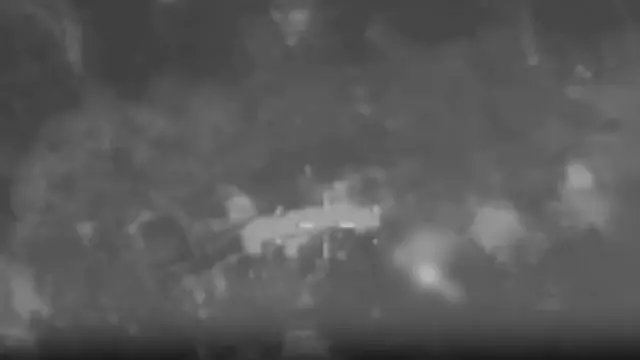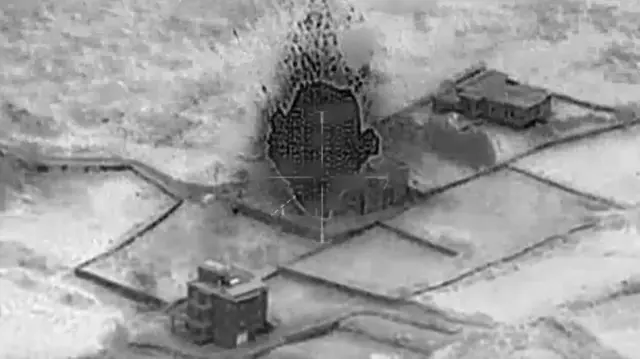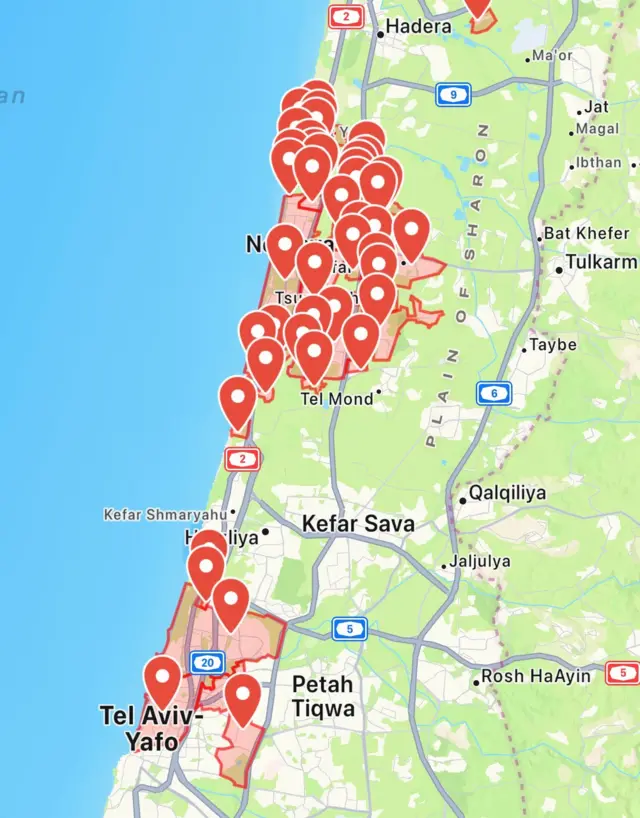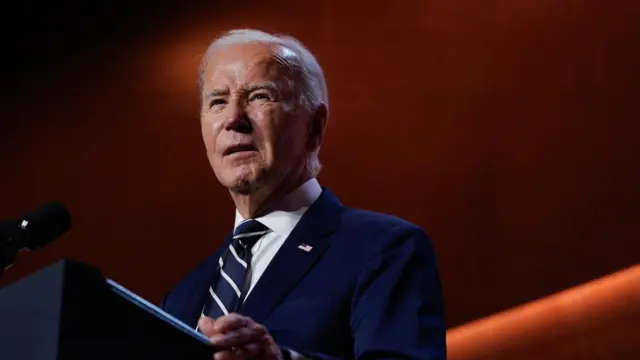Fifteen killed in Israeli strikes, Lebanon sayspublished at 11:34 BST 25 September 2024Breaking
Fifteen people were killed after Israeli strikes in Lebanon this morning, according to the Lebanese health ministry.
Most people were killed in towns clustered in southern Lebanon. The ministry has been giving its updates focusing on the death toll in different towns.
In Tebnine, two people were killed early this morning, and three people were killed in Bint Jbeil, in the south of the country. Another four in Joun, located in the Chouf district, central Lebanon.
Three more were killed in Ain Qana, also in southern Lebanon, and earlier we told you three people died in the town of Al-Maaysra in Keserwan, north of Beirut.
Dozens of people were also injured in the strikes, according to the health ministry.
